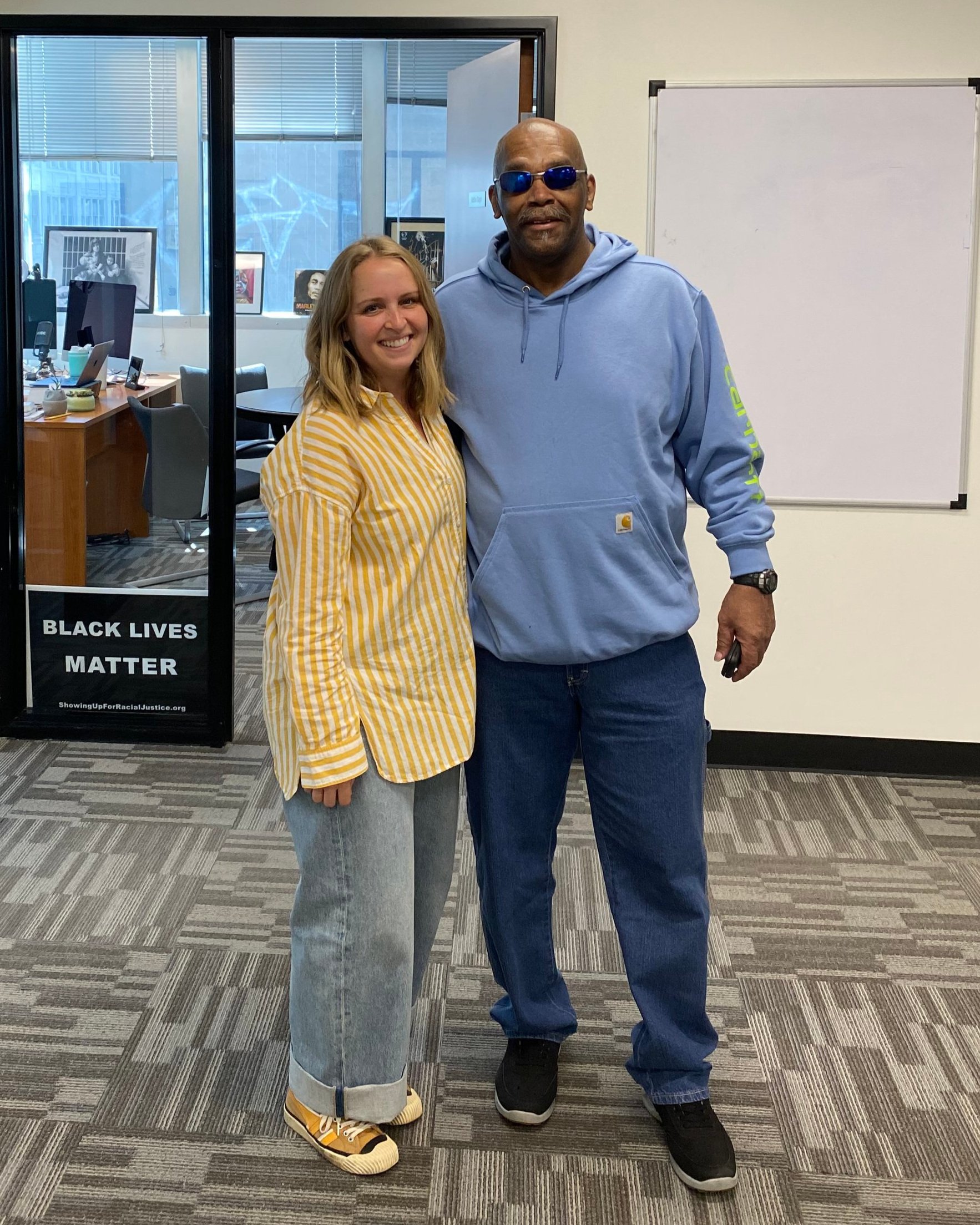Wrongful convictions
What is a wrongful conviction?
Most commonly, when we talk about wrongful convictions in the legal system, we are speaking of people who have been convicted of crimes they did not commit and were not involved in at all; people who are actually innocent of their crimes of conviction. Thanks to decades of labor by exonerees, families, advocates, attorneys, and others, today many people accept the truth that the system does not always get it right. It’s no longer a question of whether there are innocent people in prison, but how many. Sometimes, even in the most extraordinary circumstances and after the most shocking crimes, the wrong person is convicted despite their innocence. The huge number — not to overlook the compelling stories — of exonerations throughout the United States have proven that our criminal legal system is systemically flawed and that reform is needed to help prevent future wrongful convictions.
Still, addressing the plight of innocent people is not enough: there are many more who are being unjustly punished whose cases do not fit neatly into the established boundaries of innocence work. A manifest injustice means something which is 'obviously unfair' or 'shocking to the conscience.' It refers to an unfairness that is direct, obvious, and observable. These are the injustices in our criminal legal system that shock us and motivate us to fight for change beyond the narrowly defined group of wrongful convictions that we recognize as innocence cases. These could include examples such as disproportionate sentencing, often rooted in racism and/or misuse of social science and convictions based on illegal or unjust practices.
“I think of a wrongful conviction as any conviction where the law has not been followed, where there have been illegal practices or policies.”
Oregon Innocence Project
Brittney Plesser, former Senior Staff Attorney for the Oregon Innocence Project who now leads The FA:IR Law Project, with Jesse Johnson, former OIP client and Oregon’s first death row exoneree.
Oregon is not exempt from the mistakes and malpractice that cause wrongful convictions. Oregon is susceptible to the same causes of wrongful convictions, such as mistaken eyewitness identification, false confessions, and invalidated or improper forensic science as any other state. According to the National Registry of Exonerations, there have been 28 exonerations in Oregon. In response to the need to address wrongful convictions, we founded the Oregon Innocence Project in 2014. The Oregon Innocence Project is the only program of its kind in Oregon whose sole mission is to actively track claims of innocence, investigate those claims, test DNA and other scientific evidence, and litigate where appropriate. We advocate for reforms that prevent and address wrongful convictions. As well as securing the release of people who have been wrongfully convicted, we provide an outstanding educational experience for students who work with us. We collaborate with all stakeholders (district attorneys, the defense bar, policymakers, police, victims' rights groups, forensic scientists, laboratory managers, and other practitioners working in the criminal justice system). Our goal is to build support for comprehensive criminal justice reform to improve eyewitness identification, interrogation practices, discovery practices, and other policies.
To date, the work of the Oregon Innocence Project has resulted in five exonerations.
The FA:IR Law Project
Science develops, laws change, and new facts come to light. Our community’s understanding of what is fair and just evolves. We created The FA:IR Law Project in 2021 to address the manifest injustices in the legal system which we saw through the work of our other projects. The FA:IR Law Project works to address systemic failures and create a more fair, just, and humane criminal legal system. Specifically, the FA:IR Law Project seeks to reverse, vacate, and prevent wrongful and unjust convictions and sentences and mitigate and prevent excessive sentences. Working together with our direct representation projects, including the Oregon Innocence Project, our work will encompass broad challenges based on, among other things, changes in science, laws, and community standards; best practices; and evidence of misconduct. This will be accomplished through individual casework, mass case reviews, data analysis, policy change, and community education.
Further reading
Oregon Innocence Project
The FA:IR Law Project
The Innocence Project


